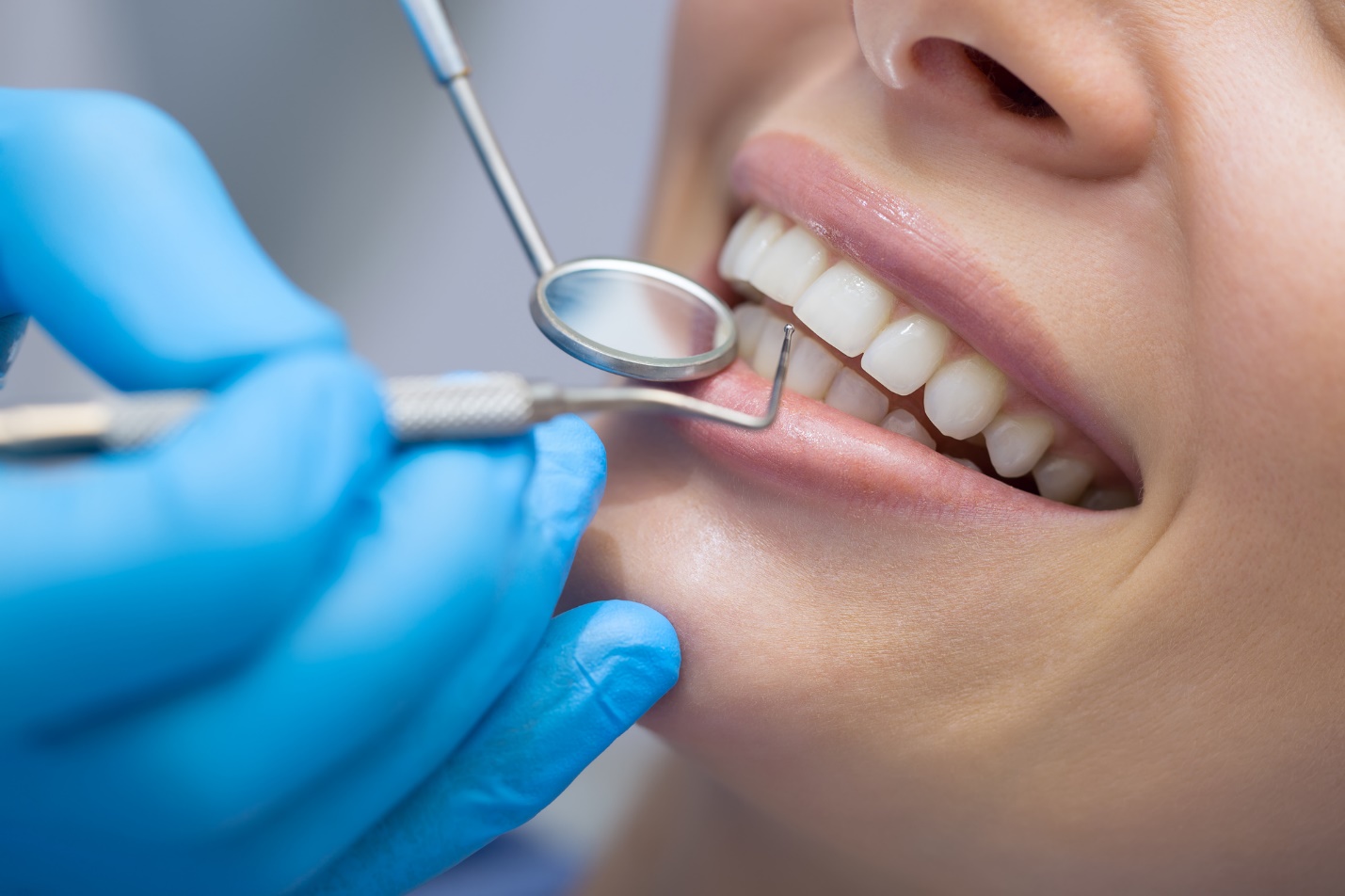Do you know your oral health is linked to your overall health? When you have a healthy mouth, you increase your chances of having a healthier body. Oral health issues can also be one of the first signs that something’s not right with your body.
For these reasons, it’s essential to schedule regular dentist visits. It’s easy for adults to forget to visit their dentist on a regular basis due to the hustle and bustle of everyday life. If you haven’t seen your dentist in quite some time and you’re wondering if it’s time to schedule a dentist appointment, then continue reading below.
In the guide below, you’ll find several sure signs that it’s time to see your local dentist. Continue reading below to learn more!
1. You’re Due to See the Dentist
The first sign that it’s time to see your dentist is when you can’t remember the last time you were there. You should see your dentist every 6 months for regular dental health checkups and cleanings. The 6-month rule is for people who don’t have any oral health issues and simply visit their dentist for regular health screenings.
If you have some type of oral health problem, then you might need to see your dentist even more often. If it’s been more than 6 months since you’ve seen your dentist, then now is the time to make that appointment. If you don’t already have a dentist, then you can use the Dental Local Directory List to help you find a great dentist near you.
2. You’re Experiencing Tooth Pain
Experiencing a toothache here and there might not be a reason to rush into your dentist’s office. There are several reasons why you might be dealing with tooth pain. However, if the pain doesn’t go away on its own after a few days, then seeing a dentist is the right next step.
Tooth pain could be caused by incoming wisdom teeth, a cavity, or something even more serious like an infection in your gums. If you experience tooth pain, keep a close eye on it. After a few days of pain, make your appointment to have it checked out.
3. Your Gums Bleed When You Brush
Do you notice blood in the sink after each time you spit out your toothpaste? Do your gums bleed when you floss them? Bleeding gums are a sign of gingivitis.
Thankfully, this can be reversed if corrected at an early stage. You can also continue to brush your gums, specifically around the base of your teeth. You should also continue to floss your teeth daily.
Hopefully, your gums will eventually stop bleeding, but if they continue to bleed, then you’ll want to visit your dentist.
4. Your Tooth Is Loose or Damaged
Do you have a loose or damaged tooth? Adults who play sports are more at risk of breaking, chipping, or knocking out their teeth. No matter what the cause was, if you have a loose or damaged tooth, then you need to call your dentist.
Fortunately, there are some instances when a tooth can still be saved, but you must get to your dentist as soon as possible. Many dentists will fit patients into their schedule if it’s a dental emergency. A loose, damaged, or knocked-out tooth is always a dental emergency, so never hesitate to call.
5. You’re Having Tooth Sensitivity
Have you noticed tooth sensitivity when eating or drinking hot and cold food or beverages? You shouldn’t have to deal with oral pain each time you eat or drink something hot or cold. If you’ve noticed this sensitivity, then you need to contact your dentist.
This type of sensitivity can be caused by a cavity or weakened enamel. Your dentist will be able to determine the exact cause and correct the issue.
6. You Find Bumps or Sores in Your Mouth
Finding bumps or sores in your mouth isn’t always a cause for high alert. For example, canker sores are common and will heal on their own after two weeks. There are other types of mouth sores, however, that require dental treatment.
Thrush can cause white sores on the tongue and on other areas in the mouth as well. This is a fungal infection that requires proper medication. Whenever you spot any sores or bumps in your mouth, pay close attention to them and then contact your dentist if they worsen or don’t heal on their own.
7. You Have Jaw and Ear Pain
Why would you contact your dentist for jaw or ear pain? Jaw issues are a dental matter. Do you notice pain or discomfort in your jaw after you first wake up or when eating?
You could be clenching your jaw or grinding your teeth at night while you sleep, which can then cause ear pain. You might also suffer from temporomandibular joint dysfunction (TMJ). Clicking and locking of the jaw are other common symptoms.
Your dentist will be able to diagnose the issue and provide you with an appropriate treatment plan to correct the issue.
Is It Time to Schedule a Dentist Appointment?
After reading through this guide, do you believe it’s time to schedule a dentist appointment? If you’ve been dealing with any of these symptoms listed above, then these are the signs you need. When you’re dealing with any type of tooth pain or oral health issue, never hesitate to contact your local dentist and schedule an appointment.
To find more posts on health topics and plenty of other topics as well, be sure to check back here on a regular basis.










